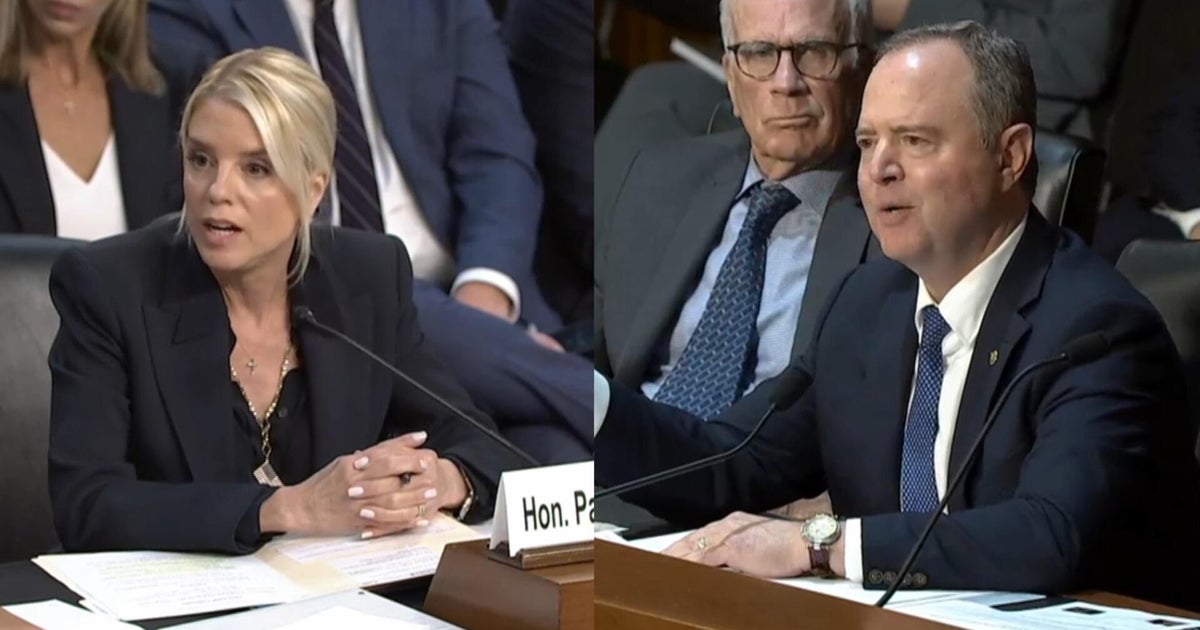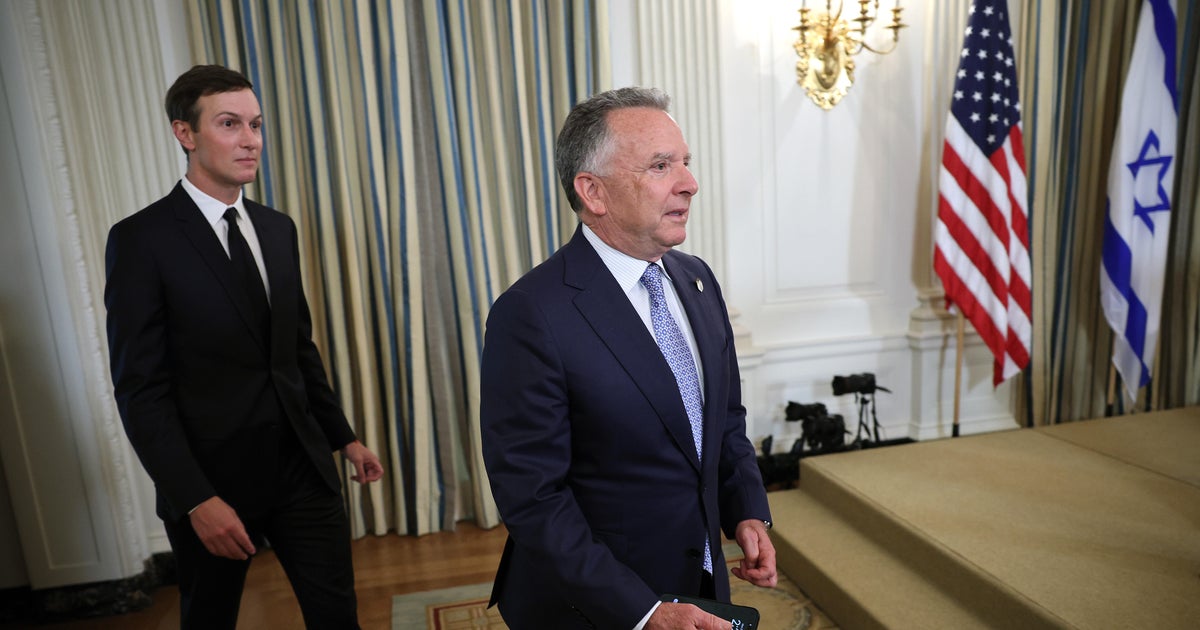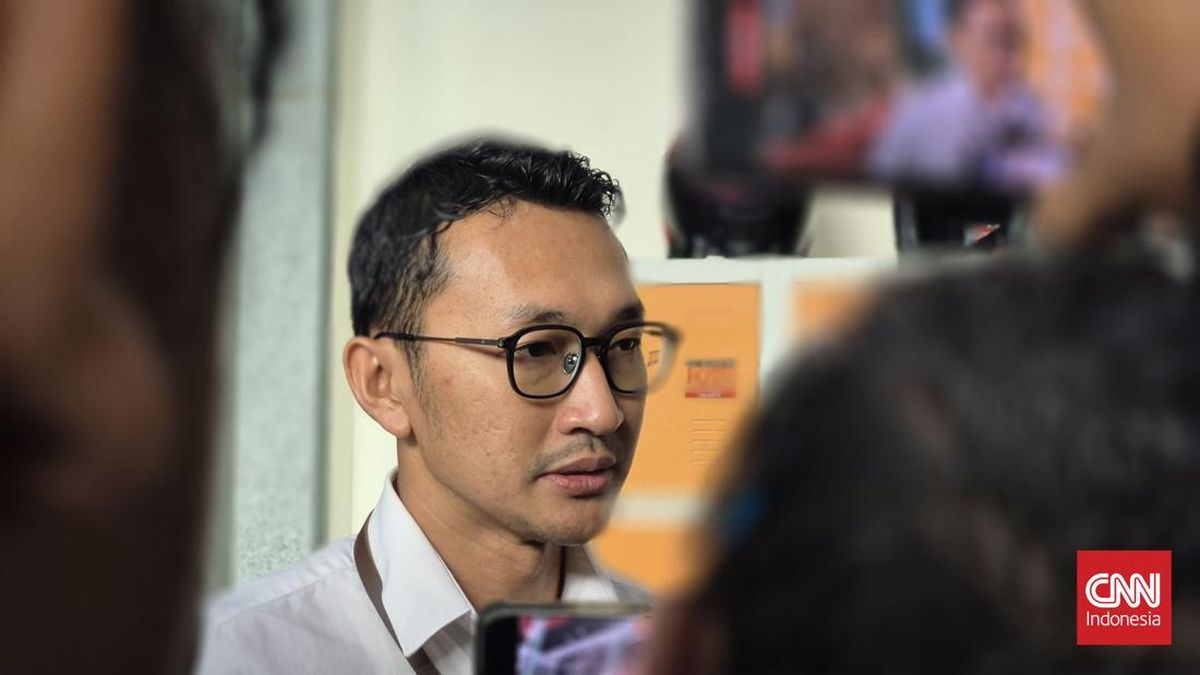Opinion
September 30, 2025 — 12.00pm
September 30, 2025 — 12.00pm
When Donald Trump signed an executive order last week enabling a group of largely American investors to gain control of TikTok in the US, he may have helped deliver a multi-billion windfall to a group of his closest supporters.
Last week, American and Chinese negotiating teams agreed on a framework that would clear the way for a sale of Byte Dance’s US TikTok operations to a combination of its existing, mainly US, shareholders and a consortium of new, largely – but not exclusively – American investors.
The TikTok deal was part of broader trade discussions in the midst of Trump’s trade war between the world’s two most powerful economies - but, peculiarly, this corporate deal took precedence over the more significant economic negotiations.

“We have a deal on TikTok,” Donald Trump announced earlier this month. And what a deal it is. Credit: Bloomberg
It’s not the only peculiarity associated with the efforts to de-link the TikTok business in the US from its Chinese parent, perhaps the most unusual of which was the role the White House, and Vice President JD Vance in particular, played in negotiating the terms of a private sector deal and assembling the consortium of new investors.
It is the nature of those investors, their links with Trump and the price tag of $US14 billion ($21.3 billion) that have raised eyebrows and sparked talk of crony capitalism.
In his first term as president, Trump wanted TikTok banned in the US, or sold to US investors. (He wanted the US Treasury to receive a $US5 billion fee for brokering the deal, before being told that would be illegal). He left office without any resolution of TikTok’s fate.
It is the nature of those investors, their links with Trump and the price tag of $US14 billion that have raised eyebrows and sparked talk of crony capitalism.
The Biden administration, with bipartisan support from Congress, passed legislation ordering TikTok to be sold or shut down because of concerns that the algorithm for the addictive app at the core of the social media platform could be used by China to manipulate public opinion in the US, where TikTok has more than 170 million monthly users.
The laws gave ByteDance until January 19 this year (a day before Trump’s inauguration) to sell the US business to a non-Chinese owned buyer. But on his first day in office, Trump signed the first of what are now five executive orders extending the deadline. Those orders may, or may not, be lawful.
In any event, TikTok is still operating in the US and Trump’s latest executive order gives ByteDance at least another 120 days grace to complete the deal Vance put together.
Loading
That deal envisages TikTok being spun out from ByteDance and leasing, rather than owning, the sophisticated algorithm that decides what to put before individual users. Oracle, which already hosts TikTok’s US users’ data, will be charged with oversight of the algorithm and protection of the data. Oracle’s Larry Ellison has been a longtime and substantial financial backer of Trump.
Oracle, investment firm Silver Lake, Silicon Valley investor Andreessen Horowitz, Michael Dell, the Murdochs’ Fox Corp and the state-owned investment fund, United Arab Emirates’ MGX, are among the new investors touted to own about 45 per cent of the new US entity.
The existing external shareholders in Byte Dance – General Atlantic, Jeff Yass’ Susquehanna International, Sequoia Financial, private equity firm KKR among them – will own a combined 35 per cent, while ByteDance will retain a 19.9 per cent stake.
There are common threads to the prospective new owners, not the least of which is that all their principals are billionaires. The other is that they are all longtime Trump supporters and significant contributors to his election campaigns.
The inclusion of MGX is particularly controversial. Earlier this year, World Liberty Financial, a cryptocurrency firm co-founded by the Trump family and Trump’s Middle East envoy, Steve Witkoff, announced that it would issue a US dollar-denominated and backed stablecoin, USD1.
Loading
Two months later, World Liberty announced that it would receive a $US2 billion deposit from MGX, with the UAE fund then using USD1 to make an equivalent investment in the Binance crypto exchange. MGX’s dealings will generate millions of dollars, potentially tens of millions, of annual revenue for World Liberty if Binance retains the USD1.
A fortnight later, the Trump administration announced that it had agreed to allow the UAE access to hundreds of thousands of the most advanced chips used for artificial intelligence – chips deemed to have US national security implications – with many of them destined to go to G42, a big tech AI and cloud computing company central to the UAE’s ambitions to build large-scale data centres for AI.
Oracle is one of G42’s partners in the “Stargate UAE,” while both Oracle and MGX are involved (with OpenAI) in Stargate USA.
There may or may not be any link between those dealings, but what they illustrate, along with the other relationships between the various investors, Trump and the administration, is how incestuous the proposed new ownership structure of TikTok is.

The inclusion of MGX with its crypto ties to the Trump family is particularly controversial .Credit: Bloomberg
In pointing a gun at ByteDance, saying that it either sells its US business or it is shut down, which reportedly is the ultimatum Vance gave the Chinese side last week, the Biden and Trump administrations gave themselves coercive negotiating leverage.
Vance, with a background in venture capital, has exploited it. He has said the deal will value TikTok at around $US14 billion.
At face value, that looks cheap for a social media platform that has such a large and growing user base in the US.
Financial data is scarce, but the US business is thought to generate more than $US10 billion (and rising) of annual revenues, mainly from advertising. The platform also has significant e-commerce potential, if its parent company’s success is any guide.
The consensus among analysts is that, if they pay $US14 billion for the business, those new owners will be gifted a multi-billion dollar bargain by the administration.
At $US14 billion, TikTok in the US would be valued at less than 1.4 times its sales. Snap, the cleanest comparable, is valued at around $US14 billion too, but it is priced at about 2.5 times its sales. Other social media companies are valued at multiples of up to 10 times their sales.
Before Vance disclosed the deal’s value, most analysts were putting a pricetag of $US35 billion to $US40 billion on the US business, although that included ownership of the algorithm.
Loading
A factor in the valuation of TikTok could be the financial arrangements for retaining access to that algorithm, which the new owners will lease from ByteDance and then retrain using US user data that ByteDance (and China) won’t have access to.
In any event, the consensus among analysts is that, if they pay $US14 billion for the business, those new owners – handpicked by Vance and Trump and likely to be Vance’s major financial backers if he wants to succeed Trump in the presidency, assuming Trump relinquishes it – will be gifted a multi-billion dollar bargain by the administration.
The proposed deal does have to be signed off formally by the Chinese government and Congress, where there is some dissatisfaction that ByteDance retains the algorithm, contrary to what Congress legislated; that MGX has emerged as a shareholder and that ByteDance retains a significant shareholding and a board seat in the new entity.
Democrats are alarmed at the composition of the new shareholder base with its MAGA connections, fearing that the ownership change will remove a prospective external source of divisive propaganda – China – only to replace it with another, party-political one, peopled by Trump’s allies.
Most Viewed in Business
Loading


















































